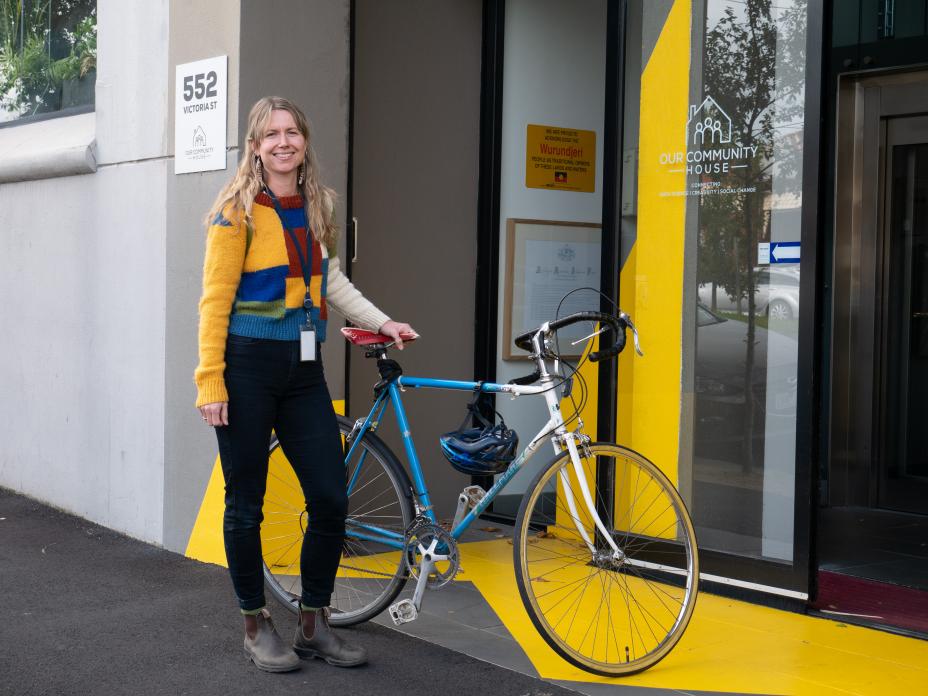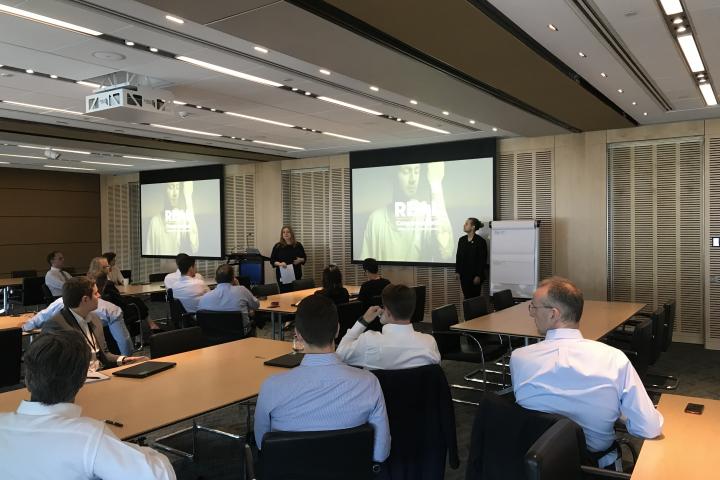Introducing a 4-day workweek: Our Community
Find out how Our Community implemented a 4-day workweek to increase productivity and encourage life outside of work.
- Professional, Scientific and Technical Services
- VIC

- Our Community implemented working from home arrangements during COVID-19 lockdowns.
- Over time, it became clear that the adaptability and flexibility that comes with hybrid work could support workers’ work–life balance.
- Our Community introduced the 4-day workweek to enrich workers’ lives and promote life outside of work.
- Through workshopping, individual coaching and consultation, Our Community instilled core company values that support workplace mental health and wellbeing.



